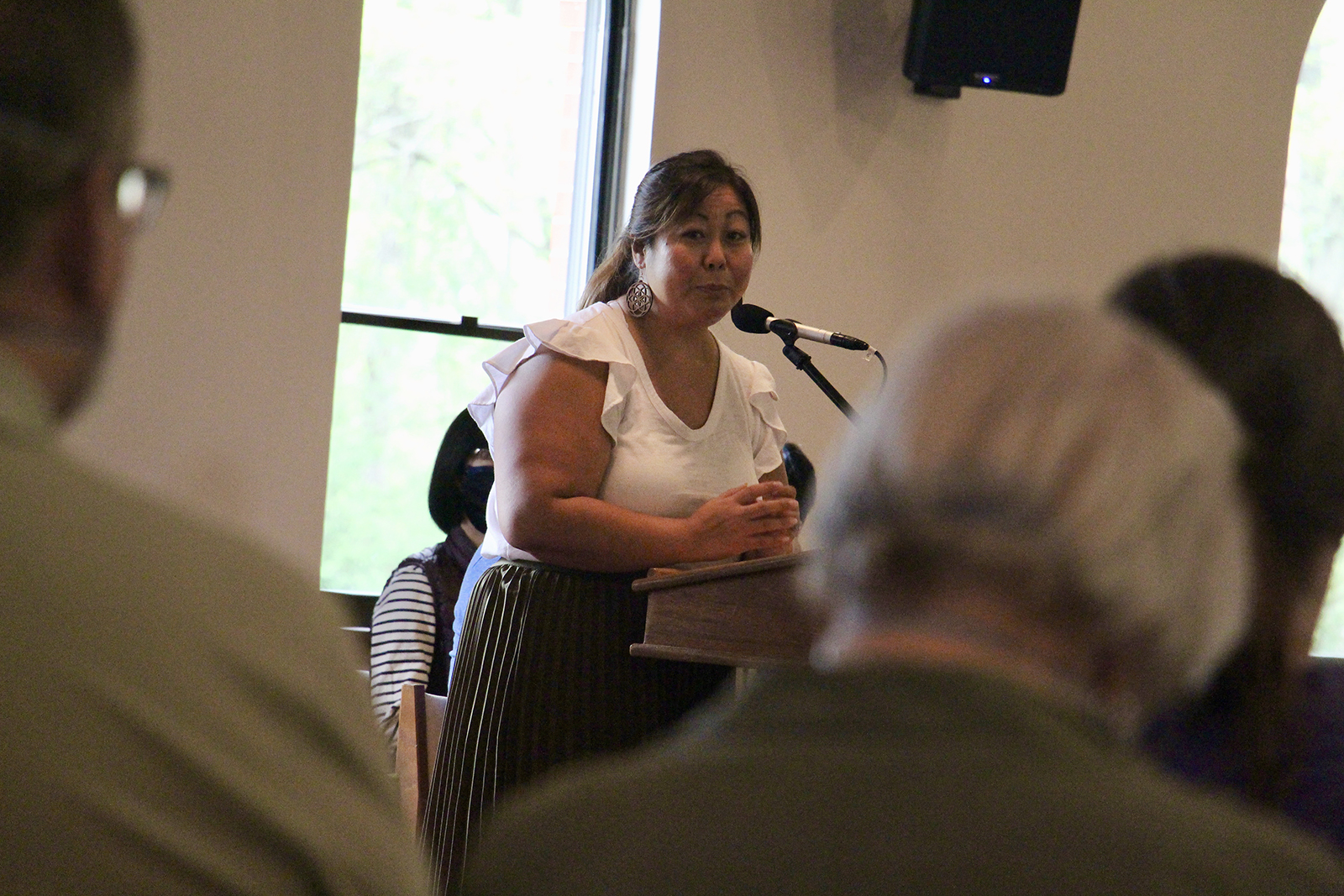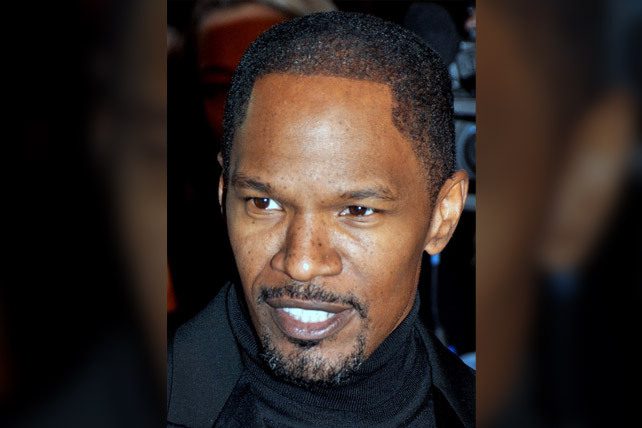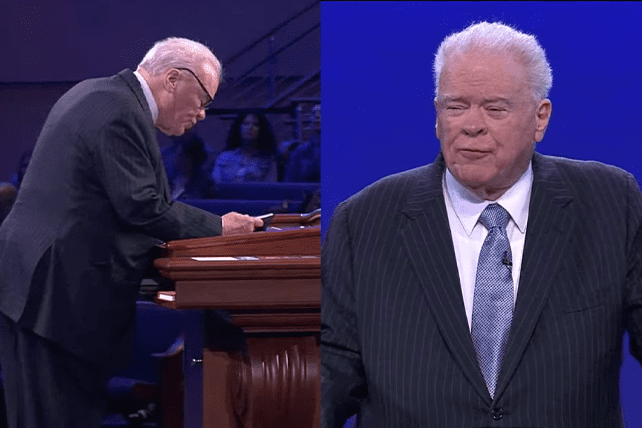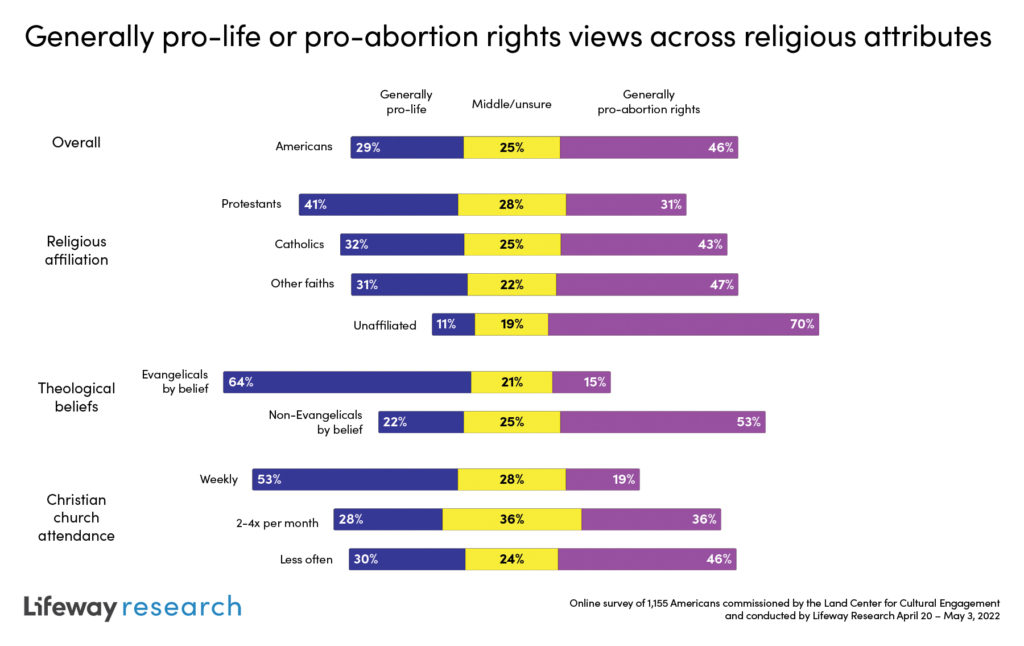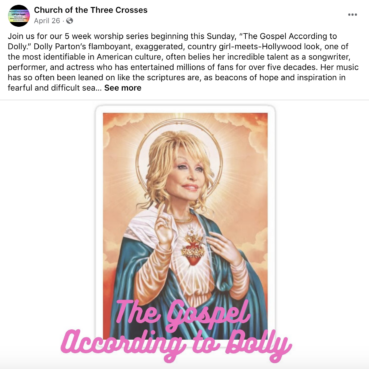Church leaders, particularly pastors and ministry staff leaders, are struggling like never before. I recently received an issue of Christianity Today and the cover story is “Emptied Out: Tens of Thousands of Pastors Want to Quit But Haven’t. What Has That Done to Them?” Let me first assert that, sometimes you need a break. Don’t apologize for needing rest. And if God points you in a new direction, go confidently. We’ve already gotten plenty of guilt trips in the past. Sometimes you make a hard decision even when people don’t understand. So if you’ve stepped out of pastoral leadership for any reason, that’s a personal spiritual issue and not one that is up for evaluation by the public. And how should we minister to those still serving on the front lines of the church? Those who have endured this pandemic, social and political unrest, and everything else happening in our world and our culture these last couple of years? Two words sum up what is desperately needed now more than ever: encourage pastors.
ENCOURAGE PASTORS
Every leader I know needs a Barnabas right now who will encourage pastors without assessment. Acts 9:27 says,
But Barnabas took him, brought him to the apostles, and described for them how on the road he had seen the Lord, who had spoken to him, and how in Damascus he had spoken boldly in the name of Jesus. (NRSV)
Barnabas told the church in Jerusalem one simple thing about Paul:
Jesus, by the grace of God, has made all the difference in this man’s life – you guys should listen to him.
There are plenty of pastors and ministry leaders with whom I might disagree about theology, politics, and approaches to leadership and ministry. But I know they are good women and men because, by the grace of God, Jesus has made all the difference in their lives.
Your words of confidence about a pastor or ministry leader, spoken not only to them but to those to whom they minister each week, can make a world of difference right now. It’s energizing to be encouraged, both privately and publicly.
And just as every leader needs a friend like Barnabas, everyone needs a Paul and a Timothy (or several of each).
That is, we all need to be learning from mentors and mentoring learners. There is always someone ahead of us, and always someone just behind us. It is the role and responsibility of a leader to give another leader a lift.
5 Ways to Encourage Pastors
1. Call a fellow leader on the phone and mentor them.
You don’t need permission to encourage pastors. You don’t even need to say that you’re mentoring them.
Just ask them a ton of questions about how things are going in their soul, their family, and their realm of leadership. Then offer encouragement and perhaps a little bit of advice. And pray with them and over them.
2. Connect a fellow leader into a valuable relationship.
I’m forever saying, “Oh, you need to know so-and-so.” It’s my way of putting people together when I think they need to learn from one another.
How many connections is too many? I’ve been connecting with leaders and connecting leaders to other leaders for years now and my capacity to learn and be led by others has yet to fill up.
3. Send a book.
People tell me all the time what I should read next, but some of my closest mentors have simply sent me the book they knew I needed.
Personally, I’ve given or sent copies of these favorites to encourage pastors over the years:
- Jeffrey Gitomer’s Little Black Book of Connections. It’s not a faith-based book, but Gitomer knows how to influence others by adding value to their lives.
- Rich Villodas’ The Deeply Formed Life. Rich reminds us that what keeps us steady isn’t our performance but our prayer life.
- Bill Hull’s The Disciple-Making Pastor. Bill’s book is a classic on gathering friends the way Jesus did and helping them grow up spiritually.
- Brene Brown’s Dare to Lead, because nobody can help you go deep, dump shame, and live boldly and authentically quite like Brene.
- Henri Nouwen’s The Inner Voice of Love, because Henri was a man any leader could identify with and he pointed to what really mattered – love.
- Joshua DuBois’ The President’s Devotional. A collection of the devotionals Joshua sent every morning to President Barack Obama. (Politics aside, it’s a good book.)
- Shawn Lovejoy’s Measuring Success. Discouragement often comes from scoring ourselves according to a flawed scorecard and Shawn points us back to the factors that should be the source of our confidence.
And of course, there are others, too, but those are a few of my favorites.
4. Ask a leader for help.
Asking for a favor is empowering to people. I love helping others, and so do you. So allow others the blessing of helping you from time to time.
A friend called me yesterday for advice about an opportunity before him. The opportunity was out of my league, but he wanted to know what I thought. I’m not sure if my advice was worth much in the end, but it meant a lot that he would ask me.
Pastors are notoriously unwilling to ask for help from others, but asking a pastor to help you with something as simple as a word of advice opens the door to helping each other mutually.
5. Produce something for others.
I get frustrated with the number of great leaders I know whose heads are filled with wisdom but who won’t write, won’t blog, and won’t speak anywhere. It’s not that you have to do these things, it’s that you can and therefore should share your collected wisdom with others.
It’s free, quick, and simple to start sharing your knowledge with the world. And it’s only going to get easier. It’s a matter of being a good steward of the wisdom God has given you.
You can’t save the world. That’s Jesus’ role and he has fulfilled and is continuing to fulfill it perfectly. But Jesus wants to involve YOU in his work of restoring, renewing, and refreshing those around you. If if you’re one yourself, you can encourage pastors!




